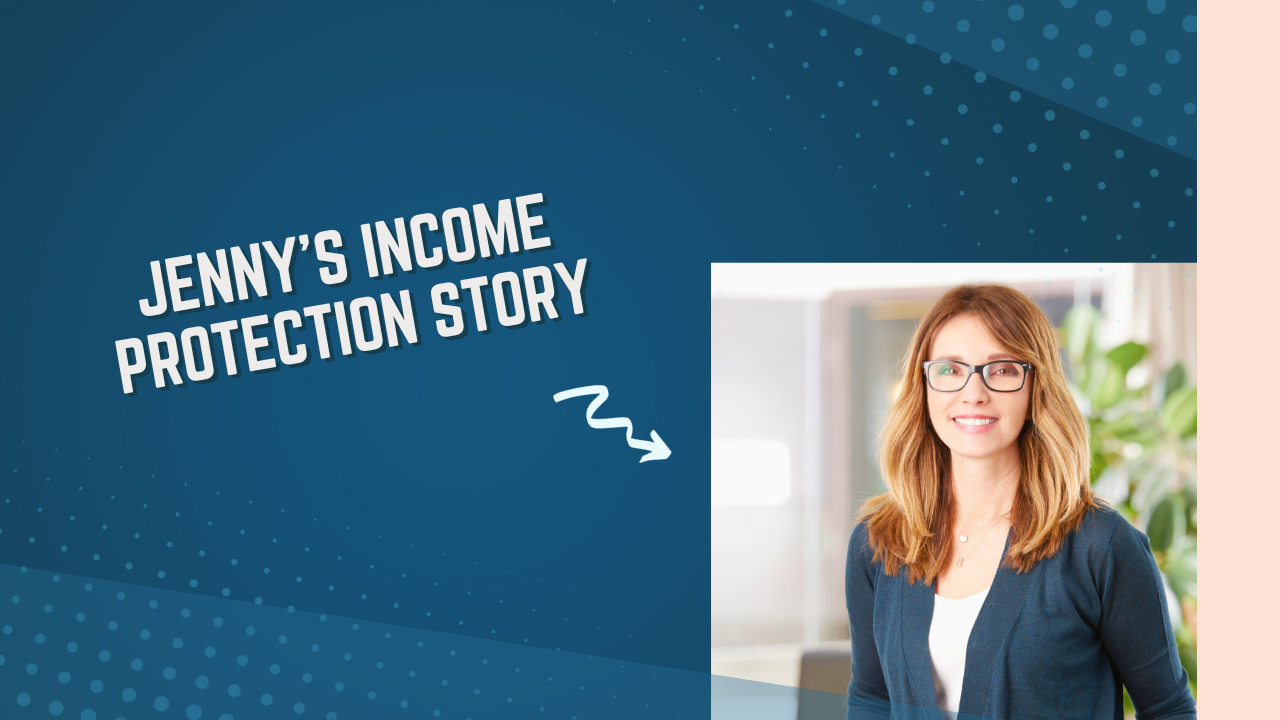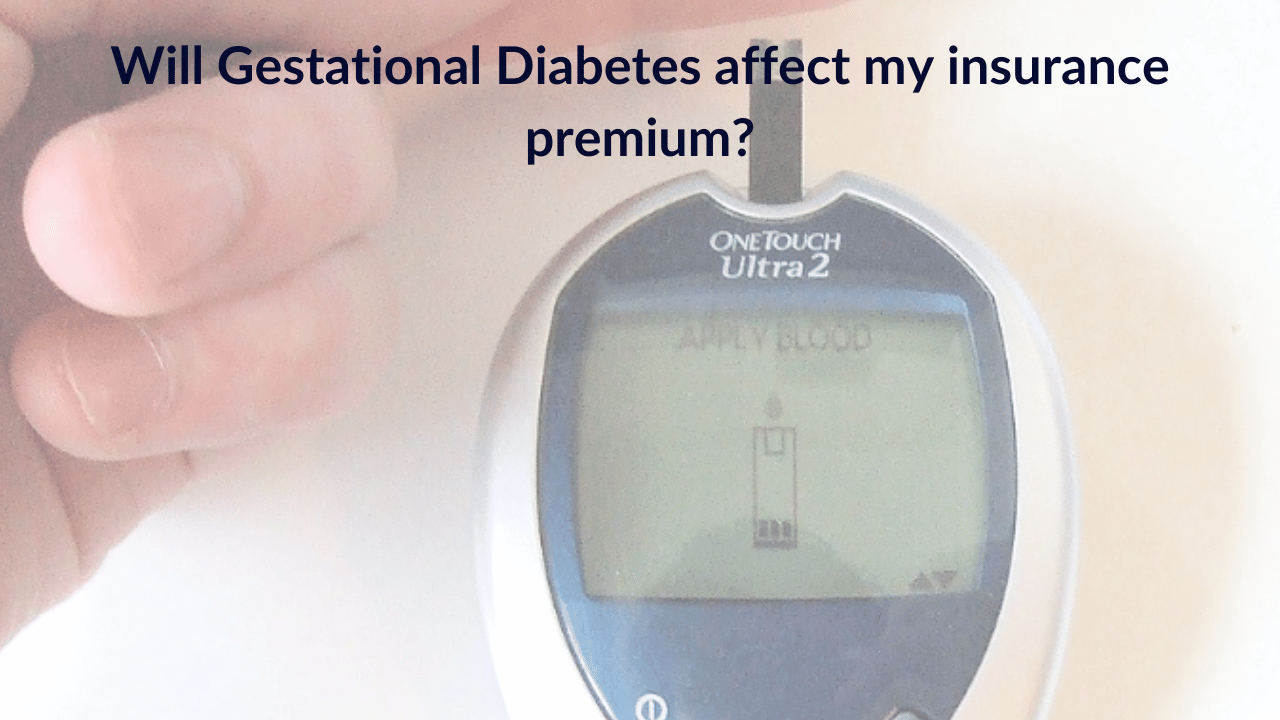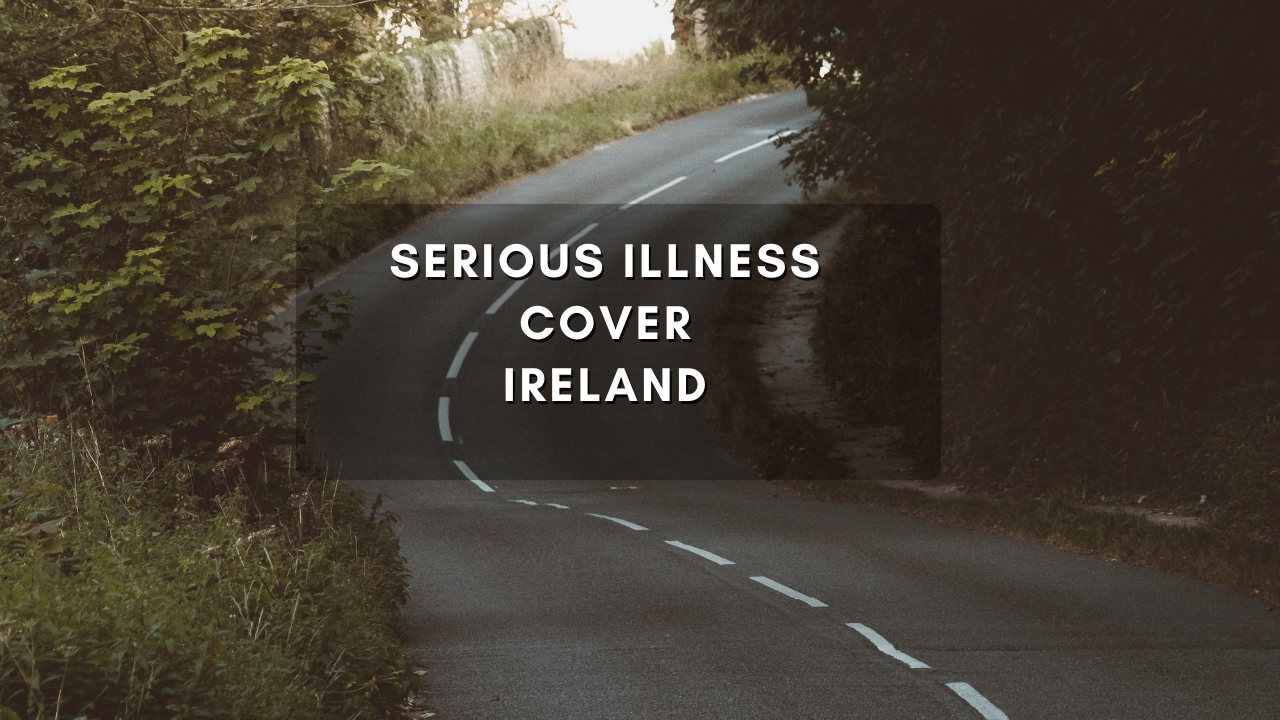Mortgage Protection VS Life Insurance – Know the Difference
A common question we are asked here in the office every day “Is Mortgage Protection and Life Insurance the same thing?
The short answer is No, the longer answer needs a bit more detail.
Mortgage Protection is designed to pay a lump to clear any outstanding mortgage balance in the event of your untimely death.
Life insurance, on the other hand, is a policy you take out on your life to protect your family – they get a lump sum payout if you die so that they have money to get by.
Mortgage Protection
Purchasing a home is likely the most important investment you will make in your lifetime. In order to get a mortgage in Ireland it is mandatory for you to have mortgage protection in place.
Mortgage protection is designed to pay out a lump in the event of your death so that any mortgage balance outstanding can be paid. The level of coverage you have will decrease year after year. Mortgage Protection is the Cheapest form of Life Insurance available.
To reiterate, mortgage protection is a type of life insurance and it’s mandatory when you purchase personal property in Ireland on mortgage. This is to ensure that your lender – bank or other financial institution – will get repaid in the event of the untimely death of “ you” the borrower. In essence, it also saves your family the trouble of having to come up with funds for the mortgage. It is often known by different names like mortgage protection life insurance, mortgage life cover, life home cover, and so on.
How it Works
You are required to purchase mortgage protection when you take out a mortgage on your home. In case you die before you repay the mortgage fully, the insurance will ensure that the remainder of your mortgage is repaid to your mortgage provider. This provides a dual advantage of the bank getting back their money, and your family not having to face debt. However, it is important to note you do not have to take out the protection policy with your mortgage provider. You can shop around and look for the best options possible.
Coverage and Benefits
If you’re planning to purchase a home on a mortgage, here are some things you need to know.
The cover amount decreases as you repay your mortgage when you have decreasing-term mortgage protection
In the event of your death, your lender or bank will use the funds to close your mortgage.
Exemptions available for Mortgage Protection:
Though getting mortgage protection is a requirement, you may not be required to do so in the following circumstances:
- 1. When the mortgage is for an investment property and not your home
- 2. You are above the age of 50
- 3. You have a serious illness and cannot obtain coverage or the price is extremely expensive
- 4. You have sufficient life insurance coverage capable of paying off the entire mortgage
Mortgage protection provides specific financial security to your family, and it’s very simple to get. Remember, you don’t have to purchase mortgage protection from your bank – you’re likely to get a very limited choice, and it’s likely to be more expensive as they are tied to insurers. There are plenty of options available in the market. Take the time to compare and choose the best.
Life Insurance
Once you have mortgage protection in place, It is not mandatory to take out an additional life insurance policy in order to secure a mortgage on your home. However, doing so provides extra financial protection to your family in the event of your death. If your family is dependent on you and if you can afford to pay the premium, it’s a good idea to purchase this type of policy.
Like Mortgage Protection, Life Insurance ensures a lump is paid in the event of your death. However, one key difference is that the level of cover does not decrease and is fixed over the term of the plan. With Life Insurance it is common to include additional benefits on your plan for example:
- 1. Serious Illness Cover ( pays a lump if diagnosed with illness such as Cancer, Heart Attack Stroke etc.)
- 2. Hospital Cash Cover ( Pay a daily payment, usually after being hospitalised for 3 consecutive days)
- 3. Accident Cover ( normally after 2 weeks will pay you a weekly in the event of an accident, pays out for a maximum of 52 weeks)
- 4. Cancer Cover ( covers Breast Cancer, Lung Cancer, Stomach Cancer, Bowel Cancer, and more….)
As you can see a Life Insurance plan can be quite comprehensive and more than just Life Insurance.
Life insurance is a contract you enter into with an insurance company, where you pay premiums every month or yearly. In case you die, a lump sum payment is made to your nominee or beneficiary – thereby providing them with financial stability even when you’re not around.
The premiums depend on the type of insurance you choose, the amount of coverage you want, your age, health, medical and family history, lifestyle, occupation, and other factors.
The process of evaluating an individual on all the above factors is called underwriting; after a thorough evaluation, the insurer confirms the premiums to be paid.
Types of life insurance
You can choose from a range of insurance types depending on your needs and financial situation:
Term life insurance pays a lump sum to your family in the event of your death within a specific period (e.g., 10, 20, 30, or 40-year terms)
Whole life insurance covers you for your entire life.
‘Terminal Illness benefit’ insurance pays even before your death. (subject to criteria)
Additional Living Benefits- Depending on the Insurer you can also have medical support benefits, GP service, physiotherapy, second medical opinion service, and Counselling included on your Life Insurance Plan.
Joint life insurance – pays a lump sum when the first death occurs (when there are two names on the policy, the plan pays on one life only and then ends)
Dual life insurance – payouts happen in the event of both deaths; after the first death and payout, the second insured person continues to be covered for the same amount
The life insurance cover is fixed and does not reduce with the passage of time.
An insurance policy payout can be used for:
Paying off any loans and debts including mortgage
Childrens’ education
Meeting daily expenses
Creating a ‘reserve’ fund to pay for long-term bills and expenses
Medical expenses
Benefits of Life Insurance
Life insurance provides a host of benefits as we have seen above. It provides financial stability and protection in the event of the death of a family member. Depending on the type of policy you choose, the insured can receive payments during their lifetime if they get specific illnesses or injuries. It provides comprehensive financial protection to the dependent family members. If the cover is large enough, household expenses and family lifestyle can be well funded into the future.
Mortgage Protection Vs Life Insurance
We have already seen that both mortgage protection and life insurance involve making lumpsum payments in the event of the death of the insured or borrower. Let’s summarise the difference once more:
1. Mortgage protection is designed to protect the bank so that if “you” the borrower dies before paying off the mortgage entirely, the insurance will pay it. Life insurance is meant to protect your family and provide them with the money they need for their current and future expenses in the event of your death.
2. With Life Insurance, cover stays fixed while mortgage protection cover decreases with time, as you pay off more of the mortgage.
3. Mortgage protection is cheaper than life insurance.
4. Both mortgage protection and standard life Insurance plans can be used for mortgage purposes.( Really important to get advice on this one!)
5. Mortgage cover lasts for the term of your mortgage only, but life insurance can typically cover you up to age 89 or 90 depending on the Life Insurance company you choose.
Which Option Should You Choose?
Frankly, if you can afford to pay the premiums on both, you should definitely take both. If you are on a budget then mortgage protection only will definitely be the cheapest option. However, if you do not like the thought of your level of cover decreasing each year then non-decreasing Life Insurance may be the best plan for you.
Just remember regarding mortgages, you also have to ensure that your Mortgage Protection policy should have a term equal to or more than your mortgage period – the time within which you must repay the mortgage.
If you and your spouse or partner apply for the mortgage jointly, then both of you must be named on the life insurance policy you will use as mortgage protection.
Ideally, you could have a cheap mortgage protection plan to keep the bank happy and all the extra Life Insurance and serious illness cover you need on a separate family Life Insurance plan.
Why Would I Need Both?
Okay, let’s look at an example
Joe and Ann are married with 3 young children.
Joe works and earns €4000 per month after tax
Ann works and earns €2000 per month after tax.
They have a mortgage which costs €1500 per month.
Joe and Ann have Mortgage Protection in place.
Sadly, Joe dies suddenly leaving Ann to deal with all the financial affairs while grieving.
Joe’s death means the family has immediately lost €4000 per month of income coming into the house.
The mortgage protection clears the mortgage and reduces Ann’s costs by €1500 per month.
Ann may qualify for the widow’s pension, which will increase her income by €977 per month.
This still leaves the family down €1,523 per month compared to when Joe was alive(€4000-€1500-€977= €1,523. Also, this does not take into account the fact that Ann may need to reduce her working hours, pay for childcare, or leave work completely in order to take care of her children.
Solution:
Put in place Family Life Insurance to ensure there are enough funds to take care of the family and ensure they can live comfortably.
What If I Can’t Afford Both?
In reality, money talks and affordability is just as important as the cover you need. In terms of priorities:
- 1. Keeping the roof over your head, If you have a mortgage and are on a strict budget then mortgage protection only may be best for now.
- 2. If you are renting then Life Insurance could ensure your family can purchase a home and be mortgage-free in the event of your death.
- 3. Once the home is secure, you can start to look at additional financial protection if the budget allows.
We can understand that it sounds daunting, which is why we recommend that you have a detailed discussion regarding your protection needs with one of our expert consultants. You can also generate quotes online, and see how it works out for you. We deal with all of the most reputable insurers in Ireland, plus we have additional discounts too!!
Finally, If you have any questions in relation to this you can reach me personally on 01 582 3523 or email me at Aidan@financiallife.ie
Thanks for reading
Aidan
Disclaimer: The information provided in this blog post is for informational purposes only and should not be considered professional advice. It is advisable to seek expert financial advice for personalized guidance regarding life insurance.
YOU MAY ALSO BE INTERESTED IN
1. Income Protection for Medical Professionals in Ireland
2. Can You Get Life Insurance After Cancer?


 Insurance
Insurance  Insurance
Insurance  Insurance
Insurance  Insurance
Insurance 

